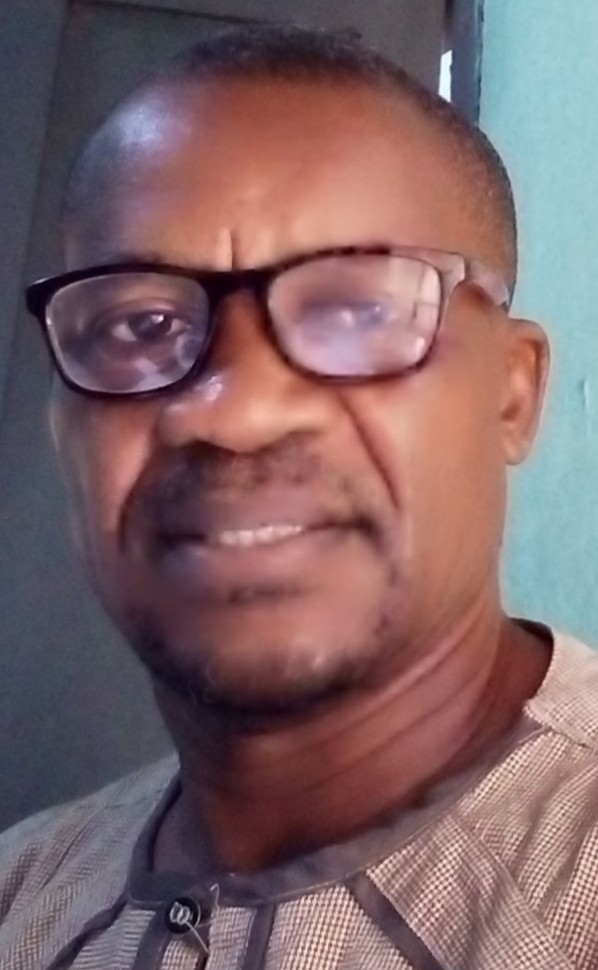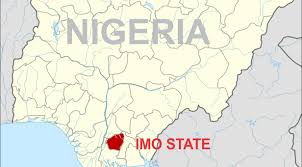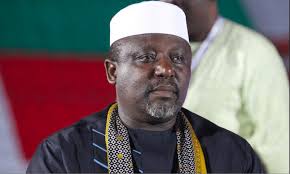Again, the amended electoral bill has been moved to Aso Rock by the National Assembly for the president’s assent. Let it not be a surprise to anyone if President Muhammadu Buhari finds another reason to throw away the amended electoral bill.
If he gives assent, it would be a step to victory for the Nigerian masses. Apparently, the core president’s men are not comfortable with the provisions of the electronic transfer of results of elections from the polling booths to the collation centres, as it’s provided by the new bill.The president’s last reason for rejecting the bill was the restriction of parties to the direct primaries as mode of choice of candidates.
The point had been made that it was not the reason. Whatever, that bill is central to the survival of the Nigerian democracy. It’s surprising that the January 13 summit of the southern and middle belt leaders remained silent about it, and by extension, about crooked elections that have been going on in the country, one major obstacle that has constantly impeded the country’s march to progress.
One would have expected the summit to insist on the passage of the amended electoral laws that have been tossed up and down, between the The Dome and the Aso Rock, all in the nation’s capital, Abuja. Does it mean that they did not discuss it at the summit? Everyone in this country is aware that elections that have been held in this country have been largely flawed. Apart from the 1993 election that is believed to have the late MKO Abiola as winner, no other election can be said to have produced a reliable result.
The late President Umaru Yar’ adua admitted that the election that brought him to power was faulty. He, therefore, made a commitment to resolve the issues contributing to faulty elections. Unfortunately, he did not live long enough to fulfill this promise. The greatest political tragedy that can befall a nation is when unpopular people come unto the helm of affairs of such a country. These unpopular rulers ascend to power through rigging elections.
It is, therefore, an overwhelming necessity for a democratic nation that wishes to make progress to strengthen and straighten its election process.The shenanigans surrounding the electoral bill, right from the time it was passed by the immediate past National Assembly, have not shown Nigeria and its rulers as desirous of a clean electoral process. This is why every group that means well for the country should exert every available pressure on the politicians occupying positions presently to endorse that document. Modern rigging trends have proved that it is the result sheets that are swapped during transition to the collation centres. The politicians are, therefore, not comfortable with the provision for the electronic transfer of results from the polling booths to the collation centres.
To a large extent, the electronic transmission promises to check this anomaly and curtail the number of cases that go to court after every election. From indications, the hierarchy of the country’s electoral umpire, the Independent National Electoral Commission (INEC) is desirous of clean elections in the country, only if the politicians would give them the green light. They have consistently indicated that they are capable of handling some aspects of the electoral process electronically, which is the global trend that Nigeria cannot afford to ignore in this day and age. Politicians standing in the way of INEC cannot conveniently absolve themselves from accusations that they habour ill intentions for elections.
Now, time is of essence and it is critical that this document should be signed to meet up with the next election period. Executive Director of Yiaga Africa, Samson Itodo, at a recent press conference in Abuja had indicated that further delay in the conclusion of the electoral amendment process would be dangerous. Itodo reminded the nation that with only 398 days until the 2023 general elections, it is crucial for the National Assembly and President to conclude the electoral amendment process by January 31, 2022. We are past this date. According to him, “a new legal framework is central to the integrity of 2023 general elections and future elections and the advancement of Nigeria’s democracy.”
The coalition of Civil Society Organizations (CSOs), working for the perfection of the electoral system, must sustain its pressure on the legislature and President Buhari to conclude the process of the Electoral Act Amendment Bill. It would have been nice it the INEC is able to test the functionality of the new law at the Ekiti and Osun off-cycle governorship elections.We hope the NASS has done all that is required for the president’s assent. Meanwhile, for this law to be realized all must PUSH, and this means pray until something happens.
Dr. Odu writes from Owerri.









